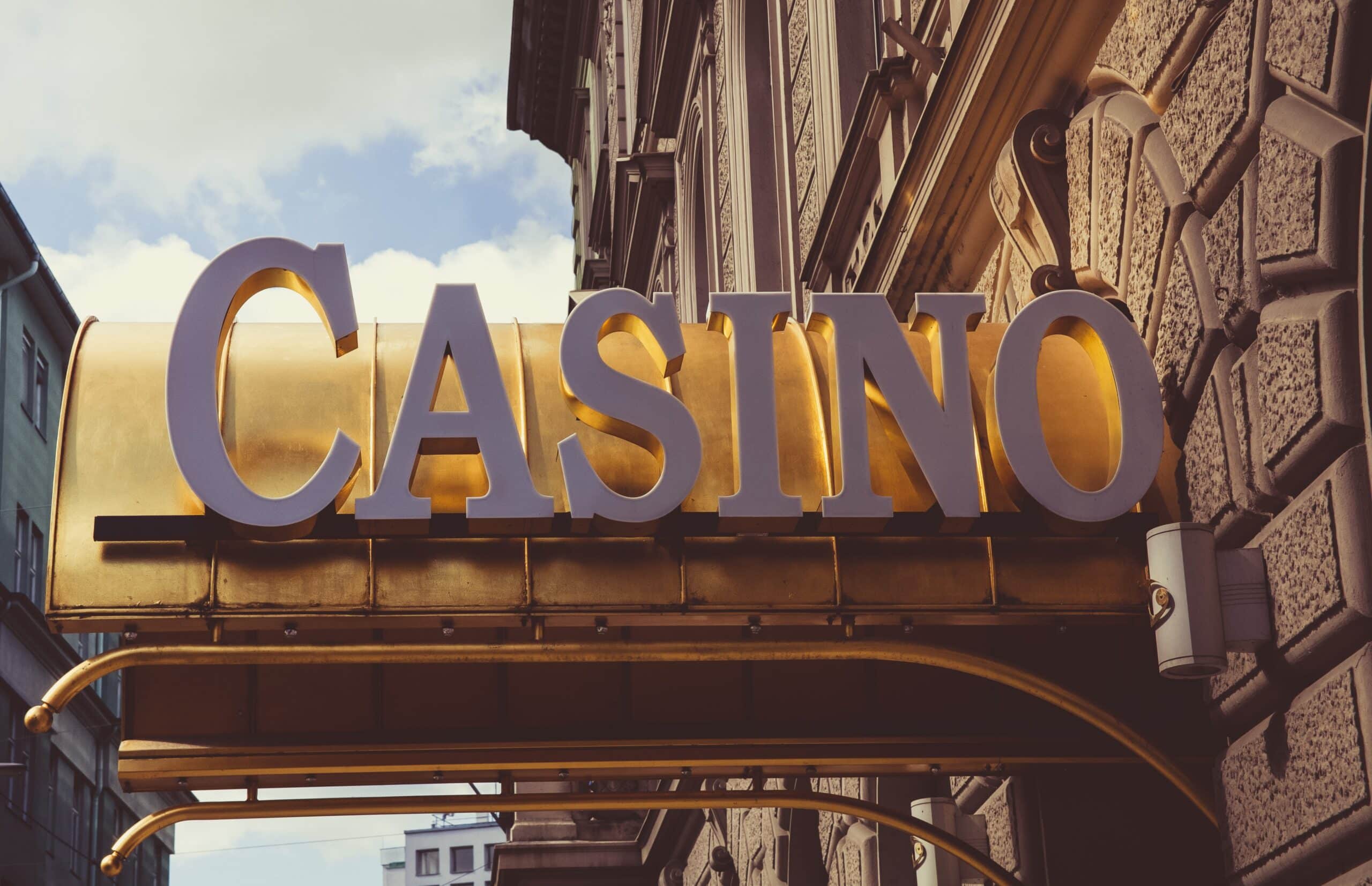Casinos have been a controversial subject for decades, with some arguing that they bring economic benefits to communities especially some of the best esports betting sites, while others claim that they cause more harm than good. Despite the debates surrounding casinos, their impact on local economies and communities cannot be denied. With the rise of the casino industry in recent years, it is crucial to understand the positive and negative effects that casinos have on the communities in which they operate.
In this blog post, we will explore the impact of casinos on local economies and communities mainly when it comes to esports betting. We will examine the various ways in which casinos can positively contribute to local economies, such as through job creation and increased tourism. However, we will also discuss the potential negative consequences of casinos, including the social issues associated with gambling addiction, displacement of small businesses, and increased crime rates.
Additionally, we will use a case study of Las Vegas, Nevada, to demonstrate the impact of casinos on a single community. By analyzing the positive and negative impacts of casinos on Las Vegas, we can gain insight into the broader implications of casinos on other communities.
Overall, this blog post aims to provide a comprehensive overview of the impact of casinos on local economies and communities. By understanding the potential benefits and drawbacks of casinos, we can begin to make informed decisions about the development and regulation of casinos in the future.
Positive Impacts of Casinos on Local Economies and Communities
While the negative impacts of casinos are often highlighted in the media and by critics, it is important to recognize that casinos can also have positive effects on local economies and communities. Here are some of the ways in which casinos can benefit the areas in which they operate:
- Employment Opportunities: Casinos can provide jobs for a wide range of individuals, from entry-level positions to highly skilled roles. In addition to jobs in gaming, casinos require staff in areas such as food and beverage, security, and marketing. According to the American Gaming Association, the casino industry directly employs over 600,000 people in the United States alone.
- Increased Tourism and Economic Activity: Casinos can attract visitors from other parts of the country or even the world, bringing in revenue to the local economy. Additionally, casinos often have hotels, restaurants, and other amenities on-site, which can further increase economic activity in the surrounding area.
- Increased Tax Revenue for Local Governments: Casinos can generate significant tax revenue for local governments, which can be used to fund public services and infrastructure projects. In some cases, casinos can be a major source of revenue for entire states, as is the case in Nevada.
- Improved Infrastructure and Public Services: Casinos often invest in the communities in which they operate, funding projects such as road improvements, parks, and schools. Additionally, some casinos contribute to philanthropic causes in their communities, such as supporting local charities and organizations.
- Philanthropic Contributions: Many casinos have established charitable foundations or programs to support local causes. For example, the MGM Resorts Foundation supports programs in the areas of education, health and wellness, and community development.
Overall, while the impacts of casinos on local economies and communities are complex, it is important to recognize that they can bring tangible benefits.
Negative Impacts of Casinos on Local Economies and Communities
While casinos can bring benefits to local economies and communities, they can also have negative impacts that should be considered. Here are some of the potential negative consequences of casinos:
- Gambling Addiction and Related Social Issues: One of the most significant negative impacts of casinos is the potential for gambling addiction and related social issues. Studies have shown that individuals living near casinos may be more likely to develop gambling problems, which can lead to financial instability, mental health issues, and relationship problems.
- Displacement of Small Businesses: When a casino is built in an area, it can draw customers away from nearby small businesses, leading to reduced revenue and potentially even closure of those businesses. This can be particularly devastating for small, locally owned businesses that cannot compete with the resources and marketing power of a large casino.
- Crime Rates and Associated Costs: Some studies have suggested that casinos can increase crime rates in their surrounding areas, including theft, fraud, and other criminal activities. This can lead to increased costs for law enforcement and the criminal justice system.
- Negative Impact on Property Values: The presence of a casino can sometimes lead to a decline in nearby property values, as some individuals may be hesitant to live or invest in an area with a casino due to concerns about crime or other negative impacts.
- Public Perception and Stigma: Finally, some individuals may view casinos as immoral or associated with negative behaviors, leading to stigma and negative perceptions of the surrounding community.
Overall, it is important to recognize that casinos can have negative impacts on local economies and communities, particularly in terms of social issues, small businesses, crime, property values, and public perception.

Case Study: The Impact of Casinos on Las Vegas, Nevada
Las Vegas, Nevada, is perhaps the most well-known example of a community that has been shaped by the casino industry. The city is home to some of the world’s largest and most famous casinos, and has become a major tourist destination. However, the impact of casinos on Las Vegas has not been entirely positive. Here are some of the ways in which casinos have affected the city:
Positive Impacts:
- Job Creation: The casino industry has been a major employer in Las Vegas for decades, providing jobs for a wide range of individuals from dealers and bartenders to hotel staff and security personnel. According to the Las Vegas Convention and Visitors Authority, the tourism industry in Las Vegas employs approximately 400,000 people.
- Increased Tourism and Economic Activity: Las Vegas attracts millions of visitors each year, generating significant revenue for the local economy. In addition to spending money at casinos, tourists also patronize hotels, restaurants, and other businesses in the area.
- Tax Revenue for the State: The casino industry in Nevada is a significant source of tax revenue for the state government, which can be used to fund public services and infrastructure projects.
- Philanthropic Contributions: Some casinos in Las Vegas have established charitable foundations or programs to support local causes. For example, the MGM Resorts Foundation supports programs in the areas of education, health and wellness, and community development.
Negative Impacts:
- Gambling Addiction and Related Social Issues: The prevalence of gambling in Las Vegas has led to concerns about the potential for gambling addiction and related social issues. Studies have suggested that individuals living near casinos may be more likely to develop gambling problems, which can lead to financial instability, mental health issues, and relationship problems.
- Displacement of Small Businesses: The growth of the casino industry in Las Vegas has led to the closure of some small businesses in the area, as casinos can draw customers away from nearby establishments.
- Crime Rates and Associated Costs: Some studies have suggested that the presence of casinos in Las Vegas has contributed to higher crime rates in the surrounding areas, including theft, fraud, and other criminal activities. This can lead to increased costs for law enforcement and the criminal justice system.
- Negative Impact on Property Values: The presence of casinos in Las Vegas has led to concerns about the potential negative impact on nearby property values, as some individuals may be hesitant to live or invest in an area with a casino due to concerns about crime or other negative impacts.
Overall, the impact of casinos on Las Vegas has been complex, with both positive and negative consequences. While the casino industry has contributed significantly to the local economy and provided employment opportunities for many individuals, associated with social issues, displacement of small businesses, and concerns about crime and property values. By examining the impact of casinos on Las Vegas, we can gain insight into the broader implications of the casino industry on other communities.
Conclusion
The impact of casinos on local economies and communities is complex and multi-faceted. While casinos can bring benefits such as job creation, increased tourism, and tax revenue, they can also have negative impacts such as gambling addiction, displacement of small businesses, and increased crime rates.
The case study of Las Vegas, Nevada, highlights both the positive and negative consequences of the casino industry on a community. By examining the impact of casinos on Las Vegas, we can gain insight into the broader implications of the casino industry on other communities.
When considering the development and regulation of casinos in a community, it is important to carefully weigh the potential benefits and negative consequences. This may involve balancing economic considerations with social and cultural concerns, as well as ensuring that measures are in place to mitigate any negative impacts that may arise. Overall, a thoughtful and comprehensive approach to the casino industry can help ensure that it benefits both local economies and communities in a sustainable and responsible manner.






